What Is Direct Debit & How Does It Work? A Guide
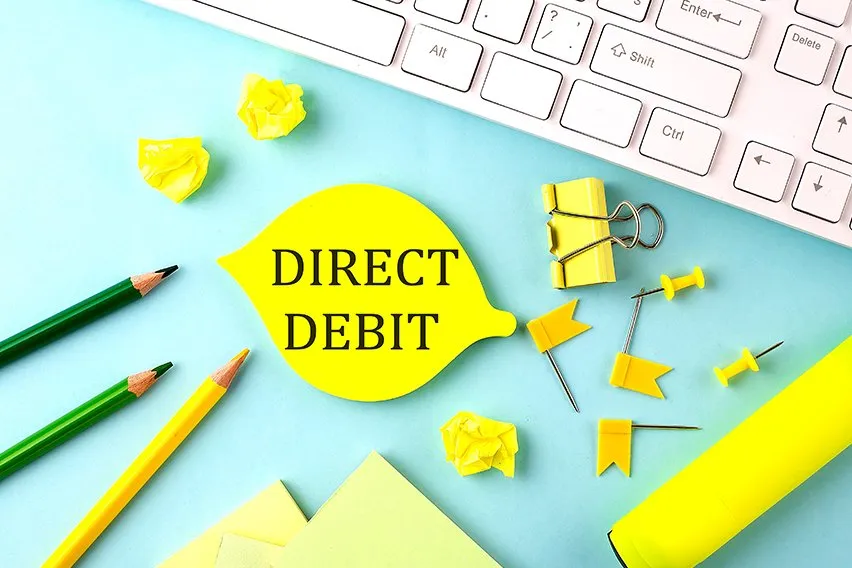
You’ve probably heard of Direct Debit, but do you know what it is?
It’s a convenient way to pay for things like a gym membership, utility bills or Netflix subscription. With direct debit, you can set up automatic payments that are deducted from your bank account each month. If you want to save time and avoid late fees, direct debit could be the solution for you!
This article will explain what direct debit is. IT will also discuss other topics like how to set it up, if it’s safe and more.
Here’s What We’ll Cover:
Is Direct Debit the Same as a Bank Transfer?
Advantages & Disadvantages of Direct Debit
What is the Difference Between Direct Debit and Cheque?
How Do I Make a Direct Debit Payment?
How Does Direct Debit Work?
You can set up direct debit with your bank. By setting up direct debit, you authorise the company you want to pay to collect money from your account. They typically do this on a set date each month. On that date, the retailer takes out the agreed payment and transfers it to their bank. They’ll take care of any charges they have to pay to set up the payment. It is similar to direct deposit. The difference is paying money versus receiving money.
If you want to cancel direct debit, you can do this by contacting your bank. Most companies will store your card details. This means they’ll automatically renew payments until they are told otherwise.
Direct debit uses a secure system. This means it’s safe for both the retailer and you. Your bank will never release your card details to a third party without your permission – and they can only charge your account with your authorization.
Some common examples of direct debit payments are your mortgage payment, rent payments, subscription payments, etc.

Is Direct Debit the Same as a Bank Transfer?
Direct debit is only one way to make payments from your account. You can also set up a bank transfer to pay bills or other companies. The difference between these two methods is that bank transfers don’t involve your bank acting as an intermediary, like it does with direct debit.
You can also pay a company using a personal transfer or bank cheque. You’ll need the account details of the person you want to pay. They may have to fill in a form with their bank for this payment to go through successfully.
Advantages & Disadvantages of Direct Debit
Direct debit has its advantages and disadvantages. Here are some of each.
Advantages
- You can cancel your direct debit whenever you want. All you have to do is contact your bank and let them know.
- It’s convenient in that you don’t need to remember to make payments every month. They come out automatically, which means less risk of late fees.
- Some companies offer discounts when you sign up for direct debit. This means you only have to pay the full price if you miss a payment, rather than being charged extra fees.
- Direct debit is the cheapest way to pay if you want to set up a regular payment over a long period of time.
- Cannot be used for one-off payments
Disadvantages
- You have to remember to cancel. The retailer will continue charging you until you do this.
- It’s easy for companies to change payment dates or take more money than agreed if they don’t need your permission.
- Potential for incorrect payment amounts
Is Direct Debit Safe?
Direct debit is a secure way of making payments. To avoid any problems, there are some things you should remember. Only set up direct debit with companies that you trust. If you aren’t sure about a company, check online for reviews and feedback before signing up. This will help to avoid scams.
If your bank sends you a notice about a payment, always check it is correct. They’ll only release your card information with your permission. You can also confirm these payments on your bank statement.
Sometimes companies will ask for more than one direct debit. This could be because you buy different things from them at different times of the year. You should never sign up to more than one direct debit with a company unless you’re happy with the payment terms.
If there are any problems, contact your bank straight away. Remember to take notes of conversations and keep copies of letters in case you need them later.
Direct debit is a secure way of paying bills. If you’re worried about safety, check that the company is legitimate before signing up. Don’t forget to cancel your direct debit if you don’t need it anymore!
Can Someone Set Up a Direct Debit with My Bank Details?
Direct debit can be set up with someone’s bank details. This means that all the power is in the company’s hands, as they have access to a person’s account and can withdraw money whenever they want.
It’s important to remember that you only give away your bank information when you specifically authorise a payment from your account. This means that you can cancel a direct debit with just one phone call to your bank.
What is the Difference Between Direct Debit and Cheque?
A cheque is an order for money, written on a sheet of paper and signed by the person who wants to pay. Direct debit is almost the opposite – it’s a service provided by a bank to allow someone else to withdraw money directly from your account.
There are some key differences between these two methods. When you set up direct debit, you have to choose how much will be taken out of your account. This way, if you stop paying it will automatically stop withdrawing the money. With a cheque, the company will only ever take the payment amounts you specify. If you decide not to pay, they will try to claim money from your account for as long as is necessary. There are sometimes fees with direct debit, while most companies don’t charge for cheques.

How Do I Make a Direct Debit Payment?
Signing up for direct debit is easy. You can fill in the form online or contact your bank about setting up a payment. When you set up a direct debit, the company will send you an email confirming they have received it. This email will have information on their account details and how much they’ll take each time they do a payment. Make sure you check these details if they’re different from what you agreed on before signing up.
How to Cancel a Direct Debit Payment
You can cancel your direct debit whenever you want. Sometimes companies need several days’ notice due to payment processing.
Is Direct Debit Legit?
Direct debit is a secure way to pay bills. It’s secure and can usually be cancelled very easily. A quick phone call to your bank will do the trick. If you have any problems with direct debit, always contact your bank straight away. In some cases it may be necessary to cancel the direct debit and set up a new one. If you don’t know how to cancel a direct debit, check your bank or online for tips and tricks on how to do so. You could also set up a similar process with your debit cards.
Hopefully this article gives you all the information you need about direct debit. Thanks for reading! Check out the Resource Hub to find more content like this.
RELATED ARTICLES

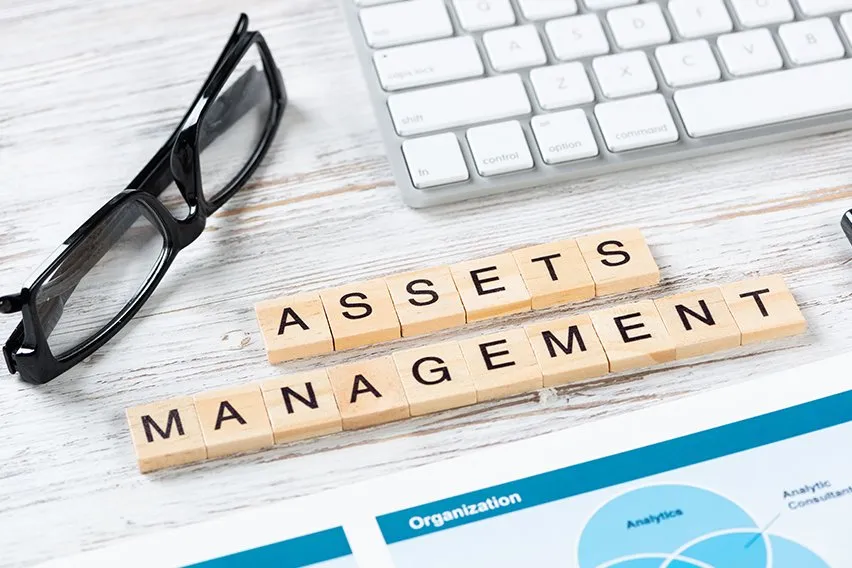 What Is a Capital Asset? The Ultimate Guide
What Is a Capital Asset? The Ultimate Guide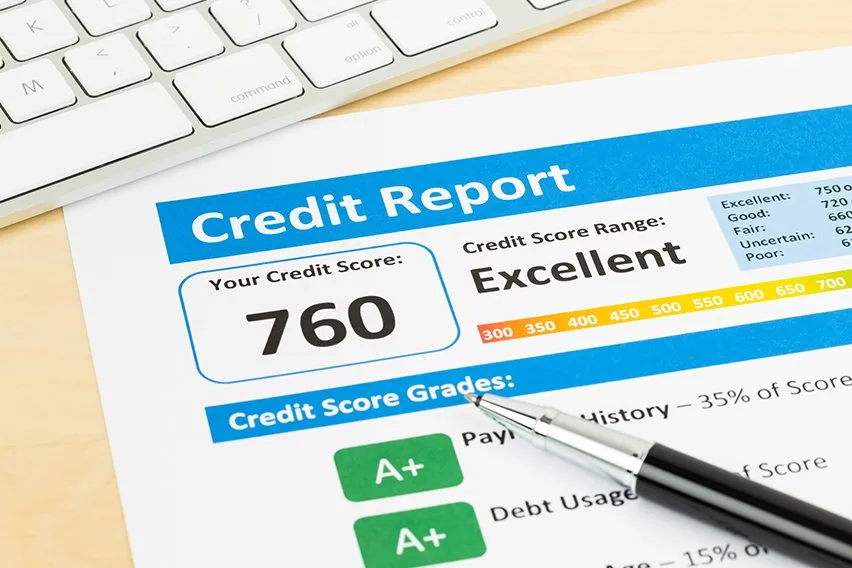 What Is a Default Account & How It Impacts Your Credit Profile
What Is a Default Account & How It Impacts Your Credit Profile How to Improve Cash Flow in Your Business: 11 Ways
How to Improve Cash Flow in Your Business: 11 Ways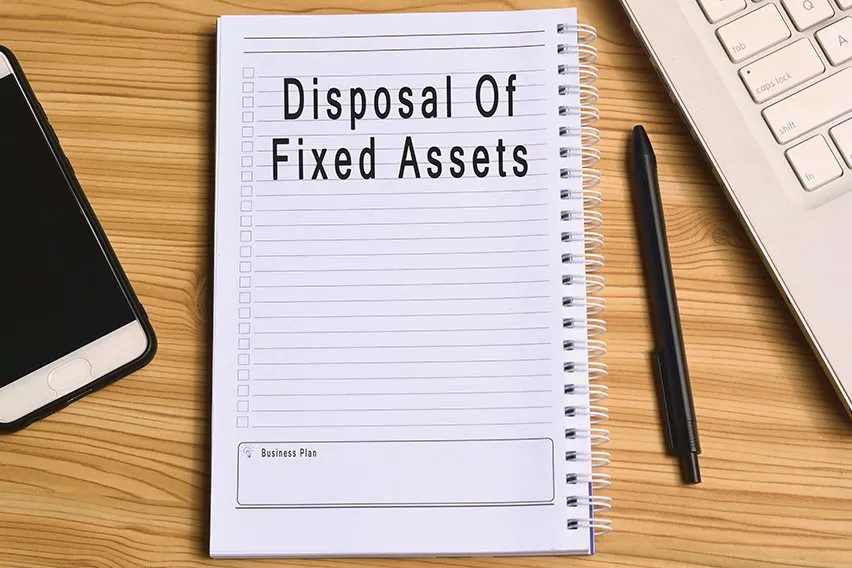 What Is Disposal of Assets? Definition & Explanation
What Is Disposal of Assets? Definition & Explanation What Are Abbreviated Accounts? Everything You Need to Know
What Are Abbreviated Accounts? Everything You Need to Know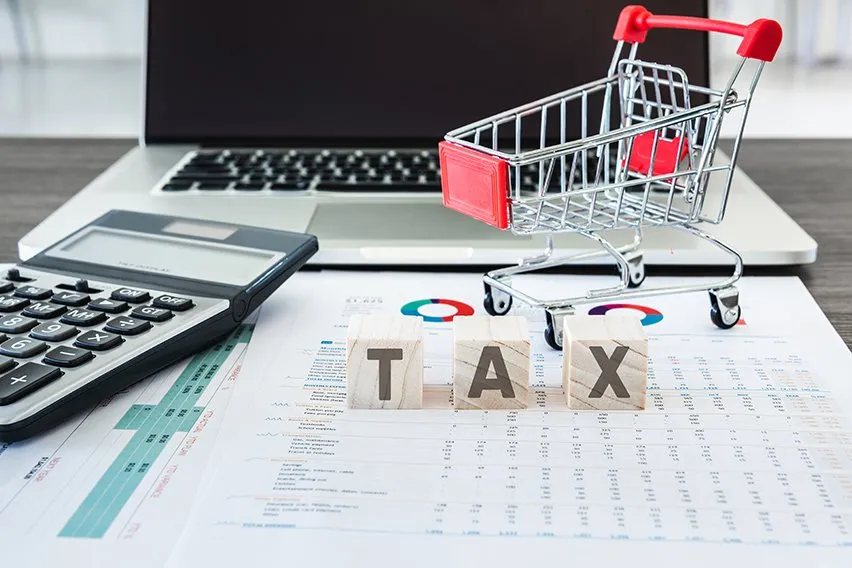 Ecommerce Accounting: A Detailed Guide for Merchants
Ecommerce Accounting: A Detailed Guide for Merchants